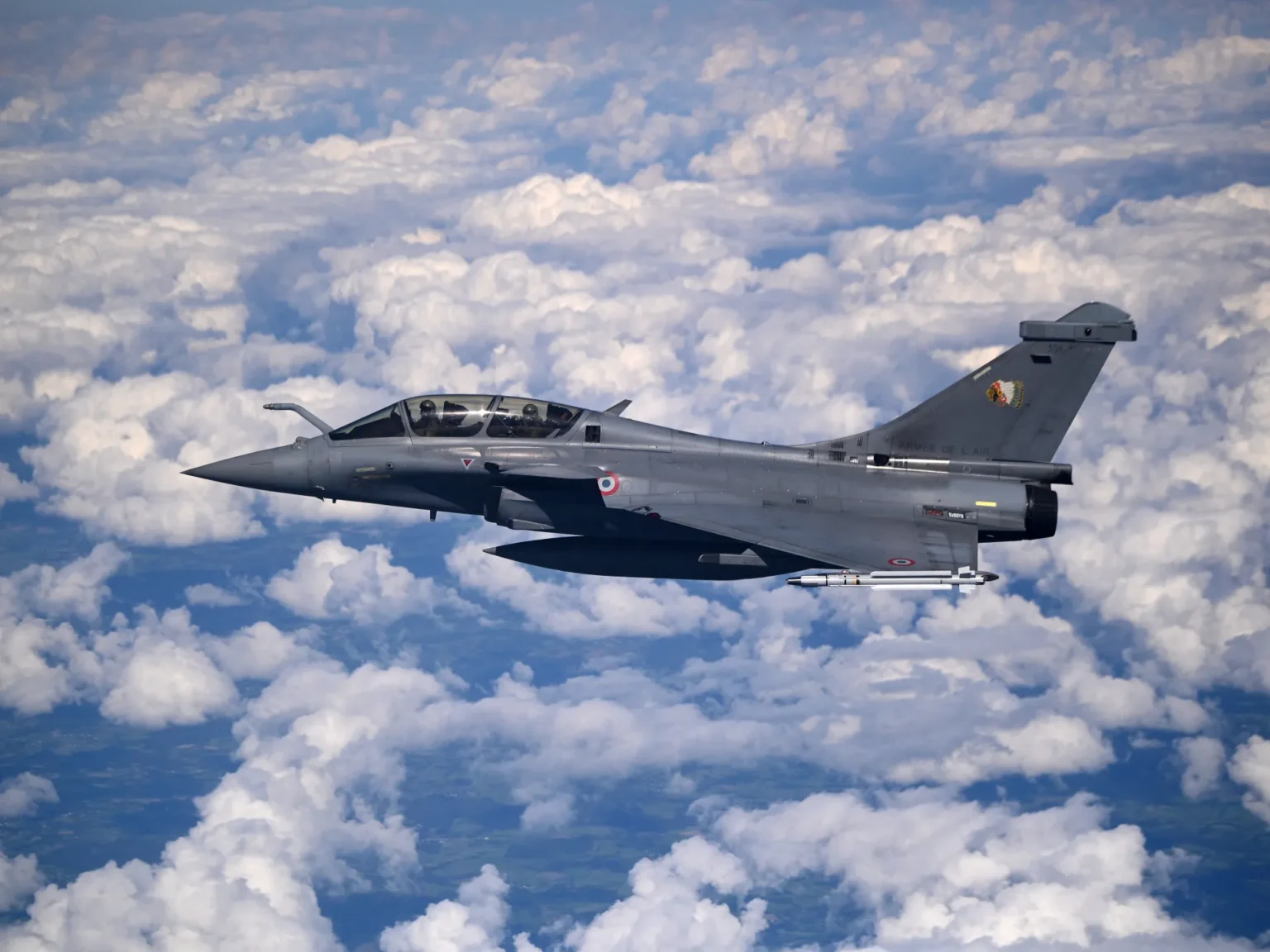$20 Billion Rafale Deal
The diplomatic tensions between the United Arab Emirates (UAE) and France have escalated dramatically following the recent arrest of Telegram CEO Pavel Durov.
The UAE has decided to cancel its $20 billion contract with France for the acquisition of 80 Rafale fighter jets, a move that underscores the significant fallout from Durov’s brief detention.
Durov, who holds UAE citizenship in addition to several other nationalities, was detained on Saturday at Paris’s Charles de Gaulle Airport after arriving from Azerbaijan.
The arrest was reportedly linked to a series of serious allegations made by French authorities, including accusations of financial crimes, cyber offenses, drug trafficking, and child exploitation related to the Telegram platform.
Durov has vehemently denied these charges, asserting that they are politically motivated due to his refusal to provide Western governments with backdoor access to Telegram’s encrypted messaging services.
The UAE, a close ally of Durov and a key player in the regional geopolitical landscape, has expressed strong disapproval of his arrest. The UAE views the detention as an affront to its sovereignty and a breach of diplomatic etiquette.
Durov’s connections in the UAE, particularly his relationship with the Emir’s son, Zayed Al Nahyan, have further fueled the controversy.
The UAE’s decision to suspend the Rafale deal, which had been agreed upon with French aerospace company Dassault in 2021, is seen as a direct reaction to Durov’s treatment.
The $20 billion Rafale deal, one of the largest defense contracts ever signed by the UAE, was set to deliver 80 Rafale fighter jets, with the first batch scheduled to arrive in 2027.
The cancellation of this contract represents a substantial economic blow to France and signifies a sharp decline in the once-strong bilateral relations between the UAE and France. Prior to this incident, the two nations enjoyed a cooperative and strategic partnership.
French President Emmanuel Macron has attempted to de-escalate the situation by asserting that Durov’s arrest was not politically motivated and had no connection to the ongoing Russia-Ukraine conflict.
Despite these reassurances, the UAE remains unconvinced. The timing of the arrest, combined with previous reports that France had sought unsuccessfully to persuade Durov to relocate Telegram’s operations to French territory in 2018, has led to speculation about possible underlying geopolitical motives.
Although Durov has been released on a $5.56 million bond, his legal troubles are not yet resolved. He is currently barred from leaving France, and the potential legal proceedings could extend for an indefinite period.
The UAE’s decision to cancel the Rafale deal highlights the intricate nature of international relations and the profound impact that the arrest of a high-profile individual can have on global diplomacy.
The future of the Rafale deal remains uncertain, with analysts suggesting that it might be renegotiated or permanently scrapped depending on the evolving situation.
For now, the cancellation serves as a stark reminder of how rapidly and unpredictably international politics can shift, where a single arrest can jeopardize multi-billion-dollar agreements and reshape diplomatic alliances.


